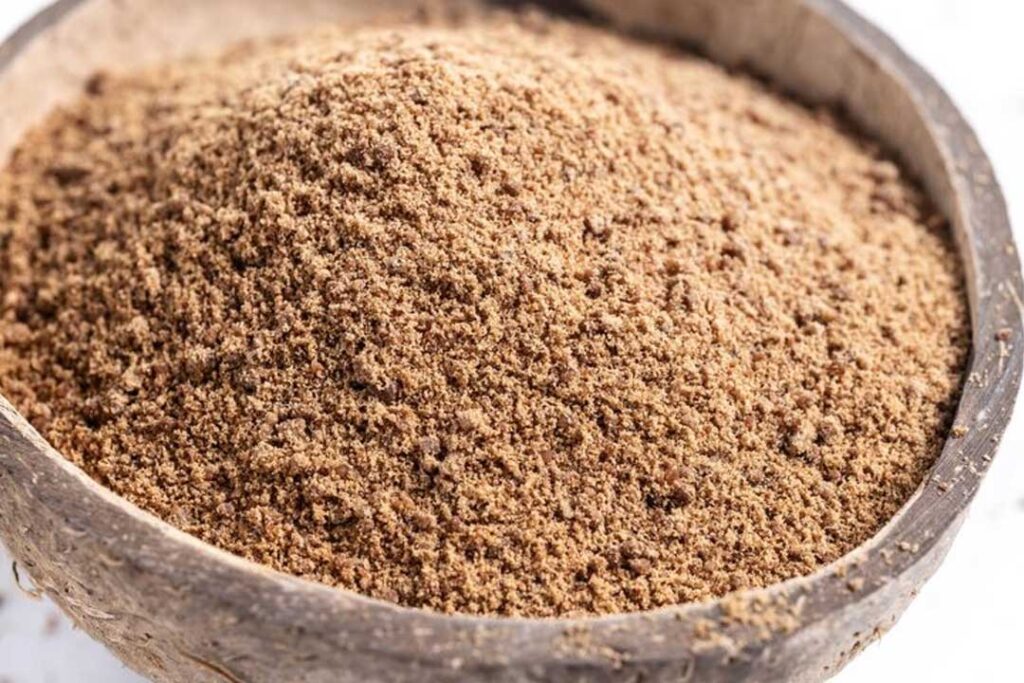Porcupine dates, also known as bezoars, have played a significant role in traditional healing practices across Asia for centuries. In both Traditional Chinese Medicine (TCM) and traditional Malay medicine, these rare substances are treasured for their reputed healing properties and cultural importance.
Traditional Chinese Medicine (TCM)
In TCM, porcupine dates are traditionally believed to offer various benefits:
- Heat-clearing: Used to reduce internal “heat,” referring to conditions such as inflammation, fever, or infections.
- Detoxifying: Thought to help cleanse the body, especially after illness or food-related ailments.
- Anti-inflammatory: Commonly applied to ease swellings, abscesses, or skin infections.
- Cancer support: Sometimes used as a complementary aid to help strengthen the body during recovery.
Practitioners typically grind the dates into powder and incorporate them into herbal formulas in small doses.
Traditional Malay Medicine
In Malay healing traditions, porcupine dates—known as batu landak—are equally valued for their therapeutic uses:
- Wound healing: Used in powdered form to support the healing of cuts and infections.
- Pain relief: Believed to alleviate headaches, body aches, and digestive discomfort.
- Energy restoration: Employed to help restore strength and vitality after prolonged illness.
- Natural antidote: Traditionally relied upon to counter toxins or venom.
The knowledge of porcupine dates is often passed down through generations, with each healer preserving their own unique preparation methods.
Cultural Significance
While porcupine dates may not be part of mainstream medical practice, they continue to hold deep cultural significance and remain an integral part of traditional healing wisdom in both Chinese and Malay heritage.

